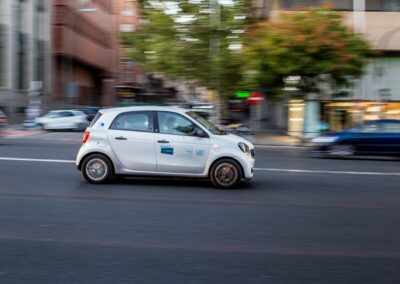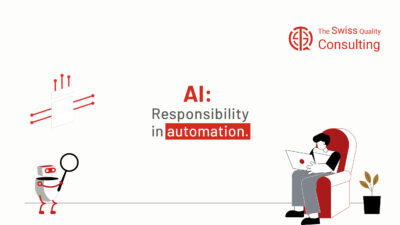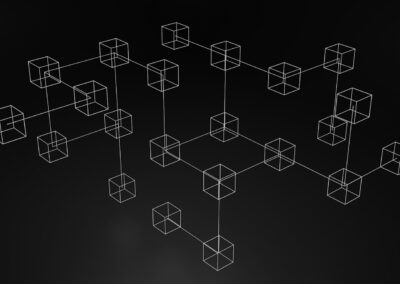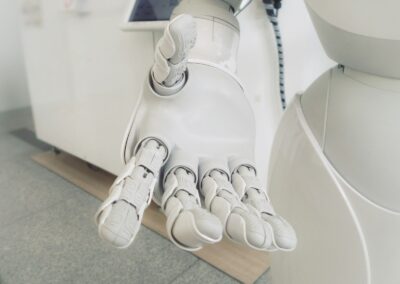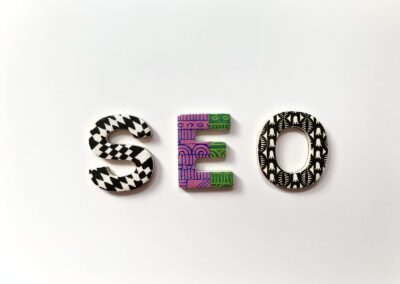Introduction to Digital Twins in Smart Cities
Transforming Urban Management with Digital Twins
The concept of digital twins is set to revolutionize the way smart cities are managed and developed. Evolving Digital Twins for Smart Cities represents a groundbreaking approach to urban management, where virtual replicas of physical cities are created and continuously updated with real-time data. This technology allows city planners and administrators in Saudi Arabia, UAE, and beyond to visualize, analyze, and optimize urban systems with unprecedented accuracy. In cities like Riyadh and Dubai, where rapid growth and complex infrastructures pose significant challenges, digital twins provide an essential tool for managing resources efficiently, enhancing public services, and addressing urban planning needs. By integrating digital twins into smart city frameworks, urban managers can make informed decisions that drive sustainability and improve quality of life.
Enhanced Capabilities with Artificial Intelligence and Blockchain
The evolution of digital twins is closely intertwined with advancements in artificial intelligence (AI) and blockchain technology. AI enhances digital twins by enabling advanced data analytics, predictive modeling, and automated decision-making. For instance, AI algorithms can analyze traffic patterns, predict infrastructure needs, and optimize energy consumption in real-time. Blockchain, on the other hand, ensures the security and transparency of data collected and shared within digital twin systems. This integration not only improves the reliability of digital twins but also facilitates collaboration among various stakeholders. In smart cities across Saudi Arabia and the UAE, these technologies work together to create more resilient and adaptive urban environments, capable of responding dynamically to changing conditions and demands.
Applications and Benefits for Riyadh and Dubai
In cities like Riyadh and Dubai, the application of evolving digital twins is already making a significant impact. In Riyadh, digital twins are being used to model and manage urban growth, optimize transportation systems, and enhance public safety. By simulating various scenarios and interventions, city planners can identify potential issues before they arise and implement solutions proactively. In Dubai, digital twins are playing a key role in managing the city’s energy consumption and integrating renewable energy sources. This approach not only supports the city’s sustainability goals but also contributes to its reputation as a global leader in smart city innovation. The benefits of digital twins in these cities extend to improved efficiency, reduced costs, and a higher quality of life for residents.
The Future of Digital Twins in Smart Cities
Expanding Capabilities and Integration with the Metaverse
As digital twins continue to evolve, their capabilities and applications are expected to expand significantly. One promising development is the integration of digital twins with the Metaverse, creating immersive virtual environments where urban planning and management can be simulated and tested in new ways. This integration allows for more detailed and interactive visualizations of urban spaces, enabling stakeholders to explore and modify virtual models of cities before implementing changes in the real world. The Metaverse also facilitates enhanced collaboration and communication among city planners, developers, and residents, fostering a more inclusive approach to urban development. In the context of smart cities, this convergence of technologies promises to drive innovation and improve urban management strategies.
Addressing Challenges and Opportunities
Despite the promising prospects of evolving digital twins, there are challenges that must be addressed to fully realize their potential. These challenges include data privacy concerns, the need for robust cybersecurity measures, and the integration of diverse data sources. However, these challenges also present opportunities for innovation and improvement. By developing advanced security protocols, ensuring data transparency, and creating standardized frameworks for data integration, stakeholders can overcome these obstacles and leverage the full capabilities of digital twins. In the context of smart cities, addressing these challenges will be crucial for maximizing the benefits of digital twins and achieving sustainable, efficient, and resilient urban environments.
Conclusion: A Vision for the Future
The evolution of digital twins is set to play a pivotal role in the development of smart cities, offering a transformative approach to urban management and planning. As digital twins become more advanced and integrated with technologies such as AI, blockchain, and the Metaverse, their ability to support sustainable urban development and address the growing demands of modern cities will continue to expand. For cities in Saudi Arabia and the UAE, embracing these advancements will be key to navigating the complexities of urban growth and achieving long-term success. The future of digital twins holds great promise for enhancing urban environments, improving quality of life, and driving innovation in smart city development.
#EvolvingDigitalTwins #SmartCities #UrbanManagement #SaudiArabia #UAE #Riyadh #Dubai #ArtificialIntelligence #Blockchain #Metaverse #ExecutiveCoaching #GenerativeAI #ModernTechnology #BusinessSuccess #LeadershipSkills #ProjectManagement





